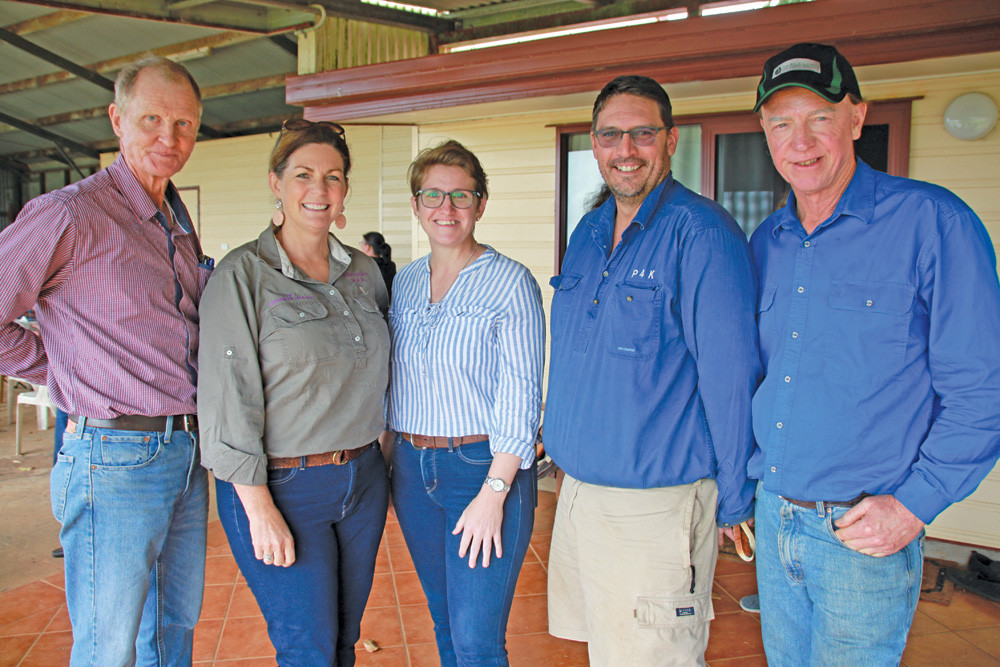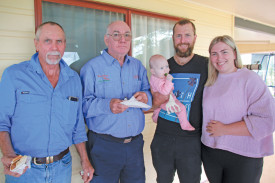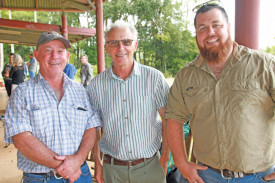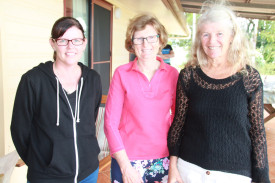On The Land
20 November, 2022
Malanda Beef Plan Group wraps up year
A large group of Southern Tablelands beef producers gathered on-farm near Millaa Millaa last Sunday to conduct the Malanda Beef Plan Group's (MBPG's) annual general meeting and to wrap up the year that was 2022.

The meeting had a strong biosecurity focus, updating participants about what was happening in Australia in regard to Foot and Mouth Disease (FMD) and Lumpy Skin Disease (LSD) and reiterating the responsibilities of farmers during these sensitive times.
Department of Agriculture and Fisheries veterinarian and meeting presenter Tom Couston has been traveling around North Queensland advising farmers what to look out for and how to protect their own property in the event of an outbreak of FMD, LSD or any other exotic disease.
Biosecurity is now more important than ever and is simply the implementation of a series of basic management practices to prevent the introduction or spread of contagious diseases and noxious weeds.
Essential elements of any biosecurity plan should cover farm inputs and outputs, people, vehicles and equipment, production practices and the training, planning and recording of farm activities.
A biosecurity plan should involve the screening or testing of incoming animals, quarantine or isolation procedures for newly purchased or returning animals, and a monitoring or evaluation system for early detection of disease.
Mareeba stock inspector, Dan Hogarth and newly appointed biosecurity officer, Kylie Pickering were also on hand to remind people of the importance of making sure their RBE (Registrable Biosecurity Entity) status was current.
Any individual, partnership, organisation or other entity that owns or keeps the specified number of designated animals (cattle, buffalo, bison, sheep, goat, pig, poultry, designated birds, equine, deer, camel, alpacas or llamas), must apply to DAF to register as a biosecurity entity.
Registration is valid for three years, after which you will need to reapply and pay the required fee. If you are not registered, you will not be able to order the NLIS tags necessary to move cattle.
If you unsure of your registration status, you can contact their local stock inspector or the DAF Customer Service Centre on 132 523 to confirm.
The meeting was followed by a sausage sizzle, giving members a chance to catch up after another busy year of fighting Navua sedge, conducting wild dog baiting pro-grams and dung beetle research.
After 30 years of operation and a long list of achievements, former group president Dave Andersen said the Beef Plan group was currently between presidents, but he was quietly confident a candidate may step forward early in 2023 and the informative bi-monthly meetings could resume.






